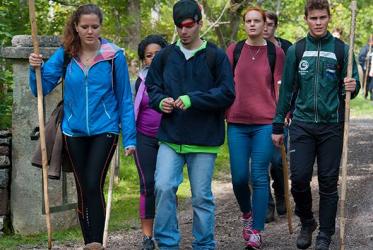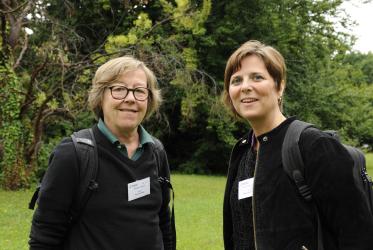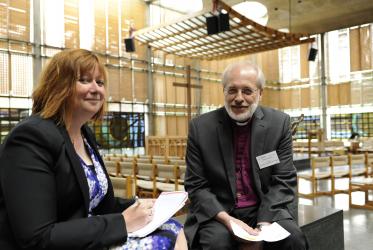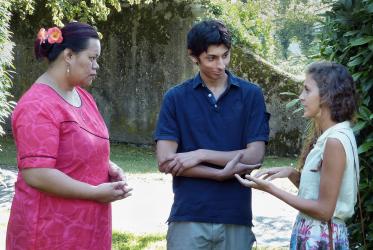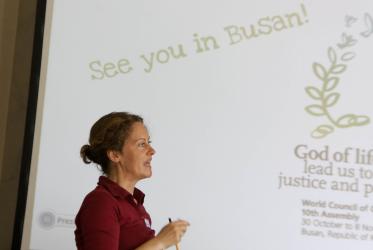Displaying 281 - 299 of 299
1000 years of Christianity in Sweden celebrated
01 September 2014
WCC commission leadership selected
13 August 2014
“A long journey for a short distance”
10 July 2014
Pilgrimage theme to engage local churches
09 July 2014
A picture of pilgrimage
08 July 2014
“Ecumenism in the forest” draws smiles
07 July 2014
The value of peace
07 July 2014
The WCC: Seventy-five years in Geneva, 1939-2014
04 July 2014
“You don't all have to be the same”
01 July 2014
After Busan: A pilgrimage of justice and peace
29 January 2014
Youth delegates prepare for WCC assembly
24 September 2013
Youth build multi-faith community in Bossey
28 August 2013
Youth in Germany feel the rhythm of Busan
24 June 2013
Youth learn “different ways of living Christian faith”
03 September 2012
40 days – no emissions? Swedish urbanite lives the concept
14 August 2012
